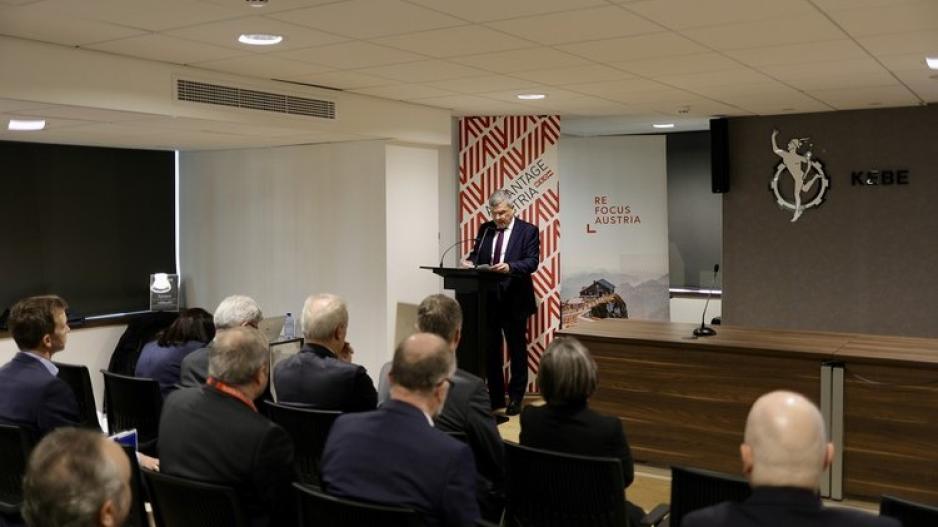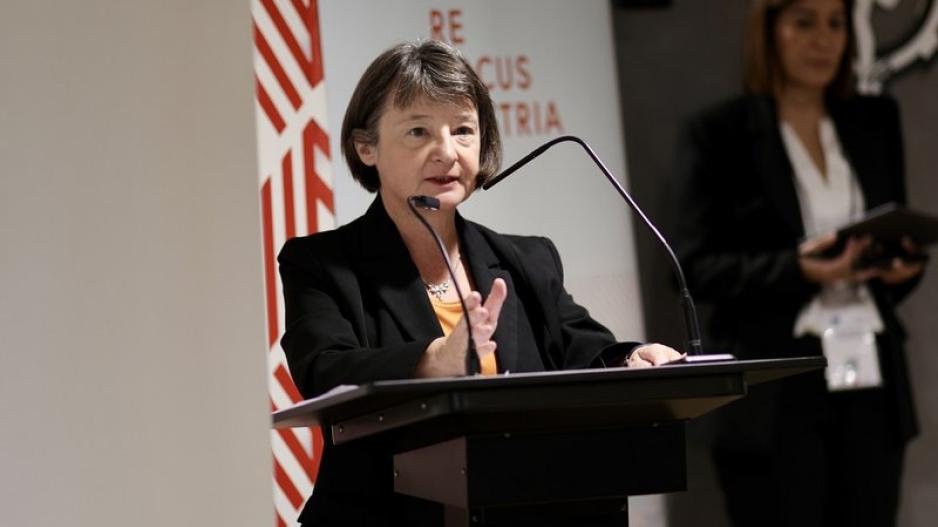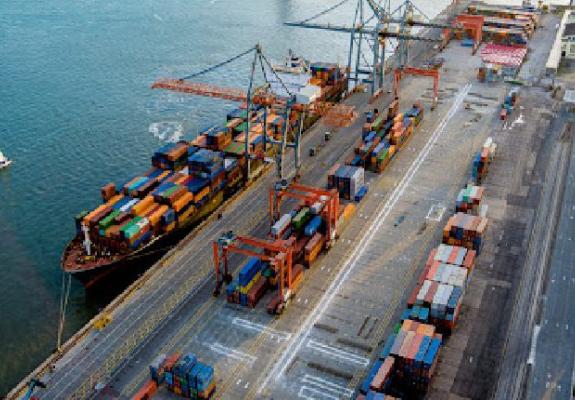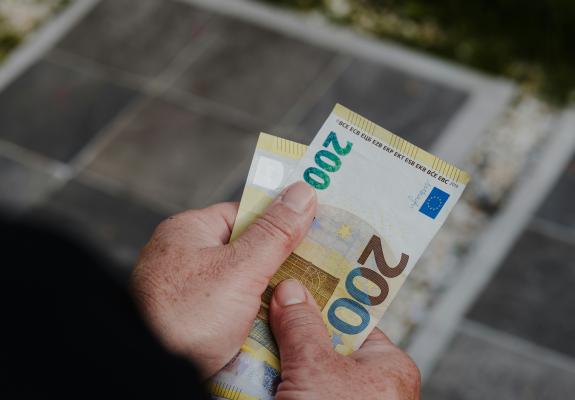Cyprus-Austria Business Forum Explores Energy Strategy and Bilateral Trade
Over 60 Business Meetings Highlight Opportunities for Collaboration
The energy strategy of Cyprus, the country’s Recovery and Resilience Plan, and commercial relations between Cyprus and Austria were among the key topics discussed at the Cyprus-Austria Business Forum held on November 21 at the Cyprus Chamber of Commerce and Industry (CCCI). The forum also hosted over 60 bilateral business meetings between participating companies.
The event commenced with opening remarks from the Minister of Energy, Commerce, and Industry, George Papanastasiou, and the Austrian Ambassador to Cyprus, Susanne Bachfischer. According to a statement from the CCCI, the forum was organized by the CCCI—as the coordinator of the Enterprise Europe Network Cyprus—in collaboration with ADVANTAGE AUSTRIA, the Austrian Embassy in Cyprus, and the Cyprus-Austria Business Association. The event welcomed over 40 Cypriot companies.
During the forum, presentations focused on critical areas, including Cyprus's energy strategy, particularly the transition from natural gas to electricity, and the country’s Recovery and Resilience Plan. The presentations also covered the commercial relations between Cyprus and Austria, the fair energy transition, the potential of Cypriot innovative enterprises, and prospects for collaboration. Additionally, developments in the Information and Communication Technology (ICT) sector were explored by distinguished professionals and technical experts.

Following the presentations, a networking event was held, providing Cypriot companies the opportunity to engage in one-on-one meetings with their Austrian counterparts. These discussions allowed for in-depth introductions and laid the groundwork for future collaborations. In total, more than 60 bilateral business meetings were conducted during the Cyprus-Austria Business Forum.
The forum showcased the growing interest in enhancing trade and investment opportunities between Cyprus and Austria, leveraging the strengths of each country’s economy and fostering partnerships that align with shared goals, such as energy efficiency and technological innovation.






